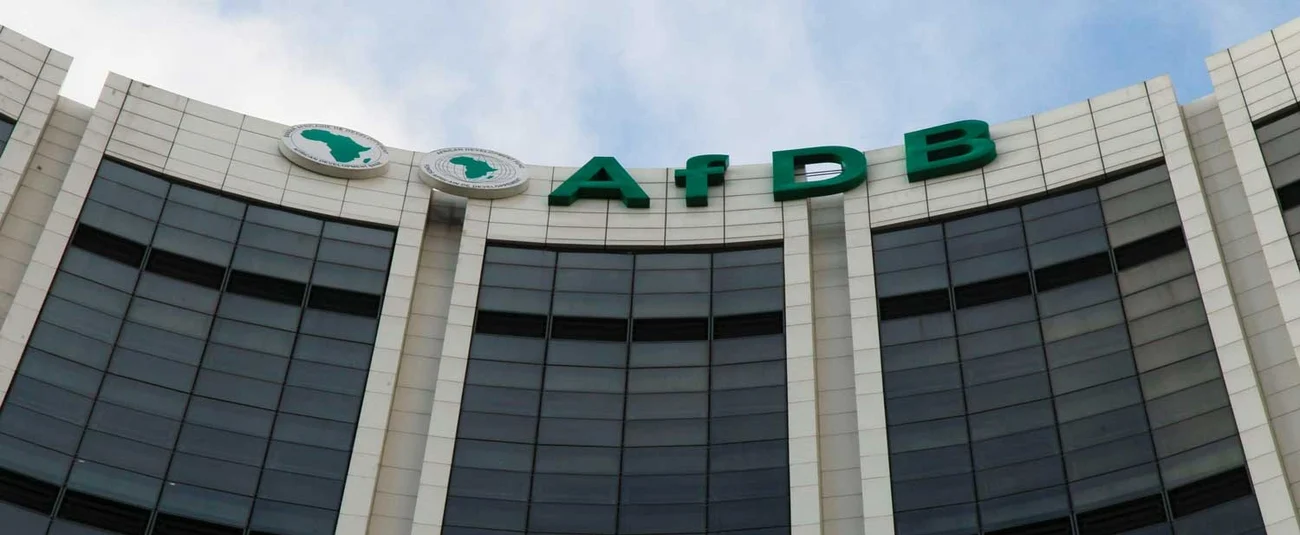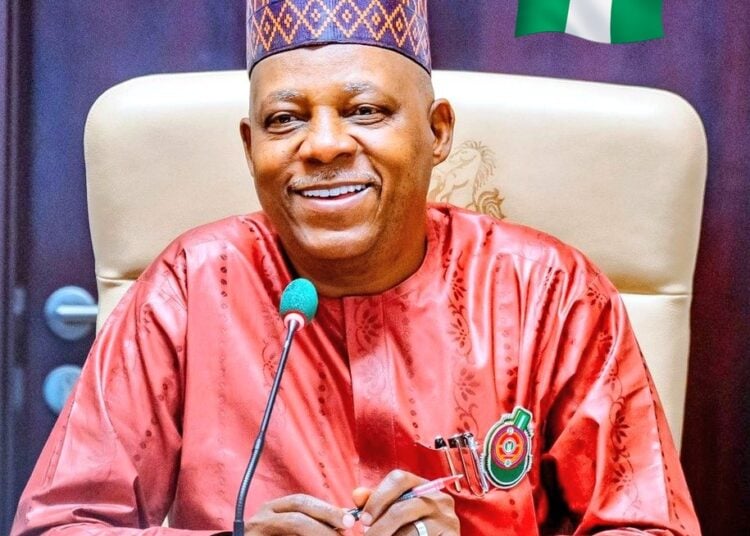The Managing Director of the International Monetary Fund, Kristalina Georgieva, the Governor of the Central Bank of Nigeria, Olayemi Cardoso, and Nigeria’s Minister of Finance and Coordinating Minister of the Economy, Wale Edun, have all committed to working together to enhance social spending, boost food security, and promote inclusive growth in Nigeria.
Georgieva also reaffirmed her support for Nigeria’s economic reforms.
She made these remarks during a closed-door meeting on Tuesday with Cardoso, Edun, the Deputy Governors of the CBN, and senior officials from the Ministry of Finance, held on the sidelines of the ongoing IMF/World Bank meetings in Washington DC.
“Great meeting with Nigeria @FinMinNigeria Minister Edun and @cenbank Governor Cardoso. I applauded the Nigerian government’s economic reform efforts. We strongly agreed on the need to scale up social spending, continue efforts to improve food security and promote inclusive growth,” Georgieva wrote on her official X handle.
Meanwhile, the IMF has revised Nigeria’s economic growth projections for 2025 and 2026 downwards, citing growing global uncertainties and persistent weaknesses in oil prices, which continue to strain Africa’s largest economy.
According to the April 2025 edition of the World Economic Outlook, released at the ongoing IMF/World Bank Spring Meetings in Washington DC, Nigeria’s growth is now projected to be 3% in 2025 and 2.7% in 2026, down from the previous forecasts of 3.2% and 3%, respectively, made in January.
The IMF attributed this downgrade to a combination of domestic challenges and worsening global conditions, including trade tensions, slowing demand from advanced economies, and a sharp decline in crude oil prices.
The United States President Donald Trump had imposed reciprocal tariffs on all trading partners, arguing that the U.S. had been disadvantaged by unfair trading relations with most countries.
Trump administration levied a 14% tariff on Nigerian goods, prompting mixed reactions and retaliatory measures from other nations.
As a result, the IMF noted in its latest World Economic Outlook that the downward revision of Nigeria’s growth projections signals a reversal from the estimated 3.4% growth recorded in 2024, indicating that the momentum from the initial post-pandemic recovery may be fading.
The Fund also cautioned that without strong and coordinated policy responses, Nigeria could face difficulties in maintaining macroeconomic stability amid mounting external pressures.
Furthermore, the IMF projected that growth across Sub-Saharan Africa would ease slightly, declining from 4% in 2024 to 3.8% in 2025, before rebounding modestly to 4.2% in 2026.
Speaking at a press briefing on the World Economic Outlook, IMF Economic Counsellor and Director of the Research Department, Pierre-Olivier Gourinchas, stated, “Regional growth in Sub Saharan Africa improved significantly last year to 4 per cent and it will ease in 2025 and this is in line with a softer global outlook.
“And so, we are seeing the same forces at play in the region as we are seeing more globally, and a downturn in the downward revision and no projection that is of the similar magnitude at about 0.4 percentage points.”
Meanwhile, in a separate report—the Global Financial Stability Report —released on Tuesday, the IMF highlighted Nigeria’s return to the international debt market in late 2024 with its first Eurobond issuance since 2022. The Fund noted that this move signaled a notable shift in investor sentiment toward frontier economies, driven by Nigeria’s macroeconomic reforms and improving credit outlook.
It stated, “For sub-Saharan Africa, growth is expected to decline slightly from 4 percent in 2024 to 3.8 per cent in 2025 and recover modestly in 2026, lifting to 4.2 percent. Among the larger economies, the growth forecast in Nigeria is revised downward by 0.2 percentage point for 2025 and 0.3 percentage point for 2026, owing to lower oil prices.”
The report also pointed out that inflation remains a significant hurdle for Nigeria, posing challenges to real incomes, investment, and overall economic stability despite recent policy efforts.











